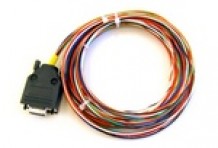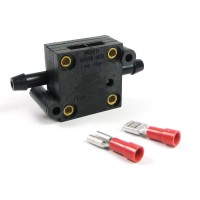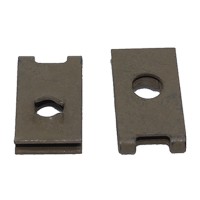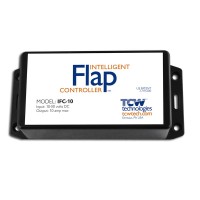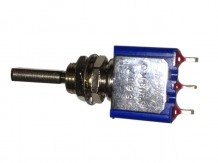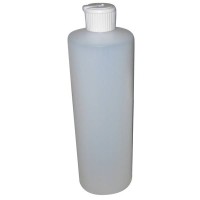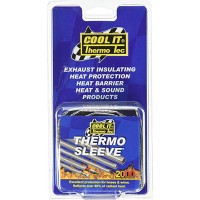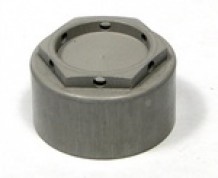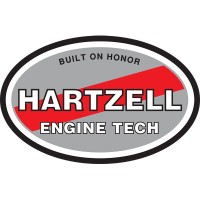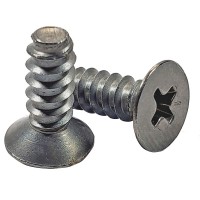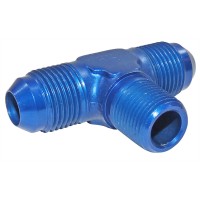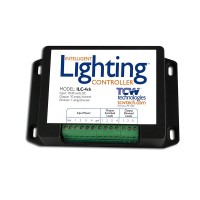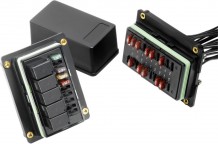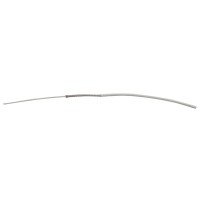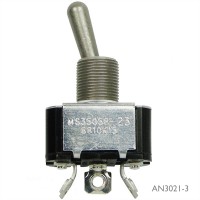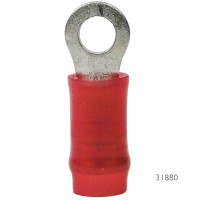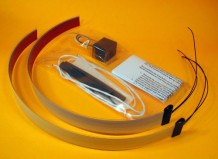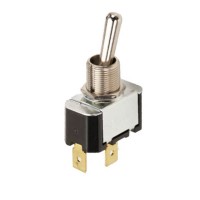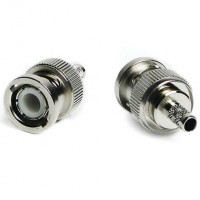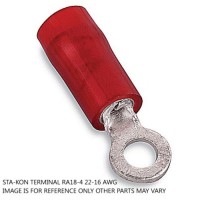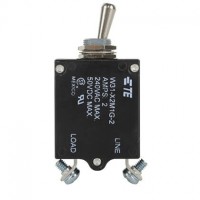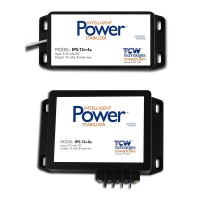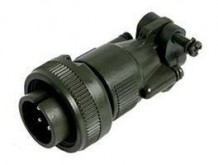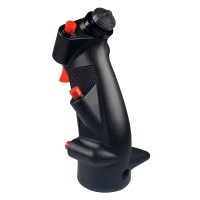THE AVIATION SUPERSTORE FOR ALL YOUR AIRCRAFT & PILOT NEEDS | 877-4-SPRUCE
TCW Smartstart Module
$109.95/Each
Part# 11-08499
MFR Model# SS-12V
MFR Model# SS-12V
Overview
|
The TCW SmartStart is an electronic control module that controls the operation of the engine starter system via standard aviation starter contactors and provides simple integration of the control stick switch or panel mounted start switches. SmartStart improves the safety and security of push-button or key-switch starting systems by providing an interlocked and time limited operation of the engine starter. The SmartStart system helps avoid unintentional activation of the engine starting system. SmartStart SmartStart includes inputs for interlock and arming switches and provides a 1-minute timer for activating the starter contactor. SmartStart also includes an armed LED that indicates when the engine may be started. The SmartStart system is available with an optional airspeed switch that ensures in-flight restarting of the engine, which may be accomplished at any time without the need to press the arming button. The SmartStart Kit which includes one SmartStart control module, 8 ft. wiring harness, and airspeed switch. |
WARNING: Cancer and Reproductive Harm - www.P65Warnings.ca.gov. |
Features
- Hidden arming switch provides improved anti-theft protection
- Door/canopy interlock provides improved safety
- 1 minute timer function limits starter actuation time
- Drives standard aviation start contactor
- Compatible with standard keyed mag/starter switch
- Enables Control Stick Start Switch
Specifications
| SS-12V | |
|---|---|
| Related Voltage: | 16 volts DC max |
| Output Switch: | 10 amps peak |
| Inputs: | Maintained closure for interlock, ground to activate, momentary closure for arming input, momentary closure for starter switch input, V+ to activate |
| Outputs: | Solid-state output with flyback diode |
| Timer: | 1 minute timer, set by interlock and arming input |
| Wiring: | Connector- 9 pin d-sub, male on controller |
| Enclosure: | Overall dimensions 1.5” x 1.25” x 0.8” |
| Weight: | 2 oz. |
Q&A
Please note, Aircraft Spruce's personnel are not certified aircraft mechanics and can only provide general support and ideas, which should not be relied upon or implemented in lieu of consulting an A&P or other qualified technician. Aircraft Spruce assumes no responsibility or liability for any issue or problem which may arise from any repair, modification or other work done from this knowledge base. Any product eligibility information provided here is based on general application guides and we recommend always referring to your specific aircraft parts manual, the parts manufacturer or consulting with a qualified mechanic.


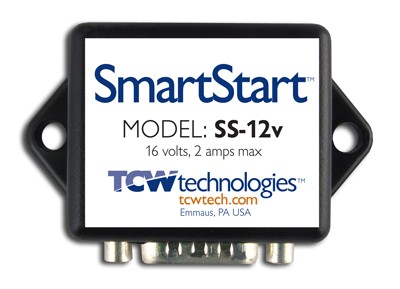





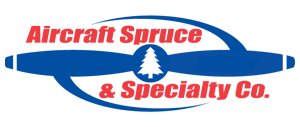 FREE Shipping
FREE Shipping
